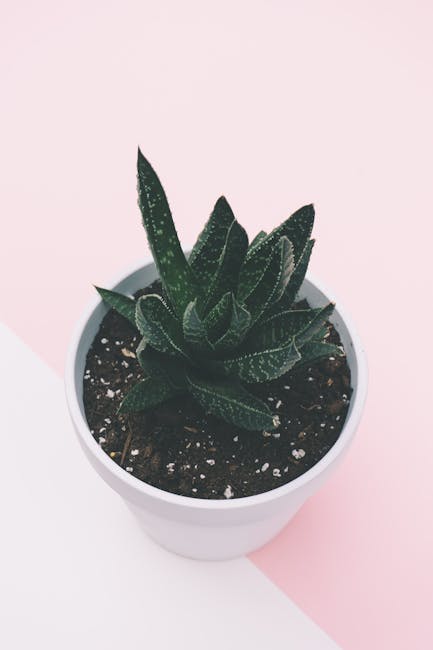A good night’s sleep is a form of self-care.
Pamela is a certified Yoga Alliance Registered (E-RYT 500) Instructor, Sleep Wellness Coach, HeartMath Coach and Mindful Yoga Therapist.
She had struggled with insomnia, secondary PTS and stress which led to sleep deprivation. Read on to find out how a Sleep Hygiene Practice changed her life and how it could benefit you too!
Sleep Deprivation
Most of us don’t get enough of sleep. According to the Centers for Disease Control and Prevention (CDC), about 70 million people in the United States are sleep deprived.
I was one of those people. As the spouse to a wounded warrior with post-traumatic stress (PTS) and traumatic brain injury (TBI), I experienced sleep deprivation along with my husband. What I didn’t do was deal with the issue head-on. Subsequently, I felt drained of energy and I was not fully functional. I quite Ambien, a prescription medication, and created a self-care regimen.
What’s worked for me:
- regular yoga practice
- develop a nutrition and natural lifestyle regimen
Through this process, I learned that sleep was invaluable and necessary.
Sleep Hygiene: Self-Care Practice
Sleep hygiene is a group of habits that help you to get a good night’s rest. As a sleep deprived nation, a sleep hygiene practice is critical. It’s a vital component to any self-care plan.
Some immediate tips that you can start using today:
- Eliminate all of the blue light in the bedroom.
- Use the bedroom for two things: sleep and sex.
- Get some oxygen friendly plants to add to the bedroom décor like aloe vera or English ivy.
- Use relaxation tools like deep breathing and body tensing and releasing before going to bed.
Relaxation Response
Use methods to promote the relaxation response (a term created by Herbert Benson, MD in 1974):
The stress (“fight-or-flight” ) response stems from our sympathetic nervous system (the accelerator) is the opposite of the relaxation response (state of deep relaxation). Whereas, the “rest and digest” of the parasympathetic nervous system (the brake) alters the short and long term physical and emotional responses to stress.
Yoga is also a great way to cultivate the relaxation response and help us get better sleep.
Yoga 2 Sleep Training
- Saturday 8/11- Sunday 8/12
- 9:00 am – 6:00 pm
- Find out more information and sign up here
My challenging sleep journey is the main reason why I created Yoga2Sleep and its Yoga Teacher Training (Y2S YTT).
In this training:
- learn about the causes of sleep deprivation and insomnia
- use yogic philosophy and practices as a solutions
Five main areas will be discussed throughout this training:
- physical
- mental
- emotional
- spiritual
- environmental
Participants will come away with the tools to teach yoga for sleep and relaxation as well as to create a comprehensive self-care regimen.
If you are interested in Sleep Hygiene then find out more information from our Sleep Hygiene series.





